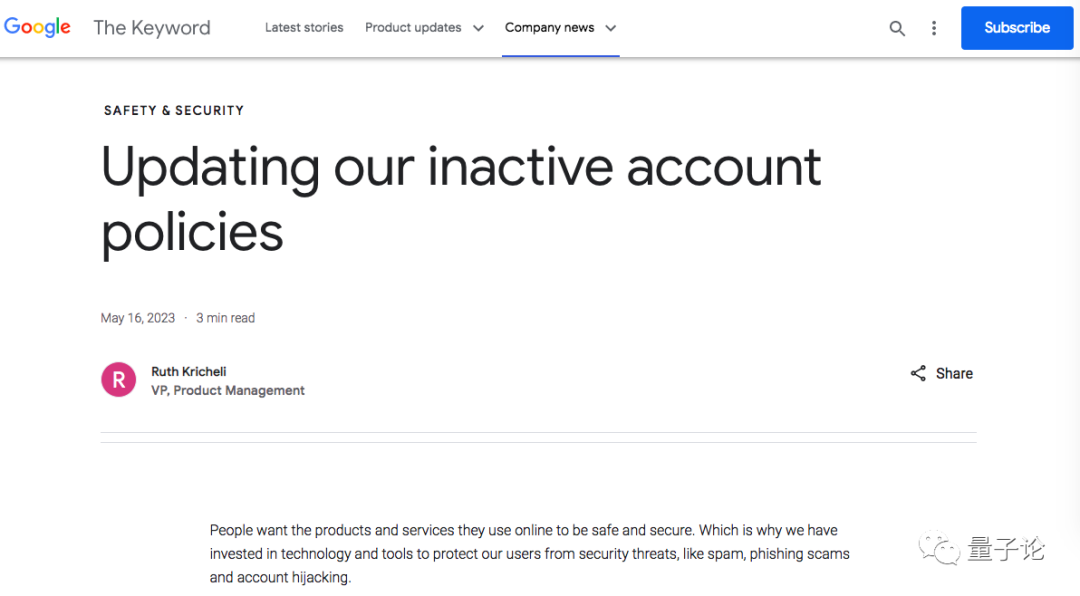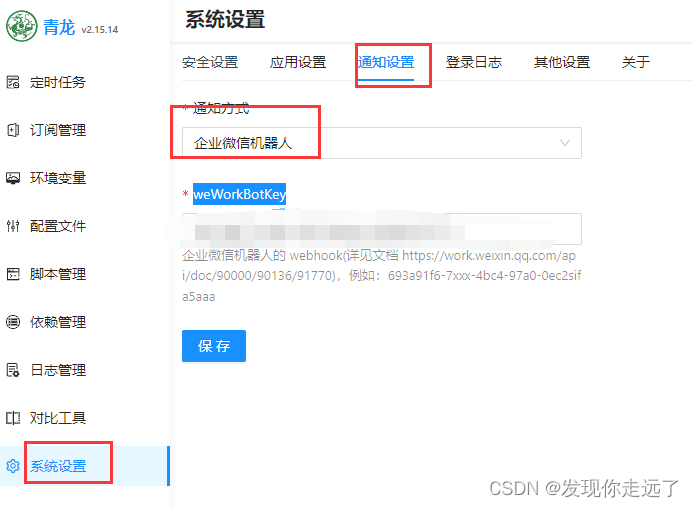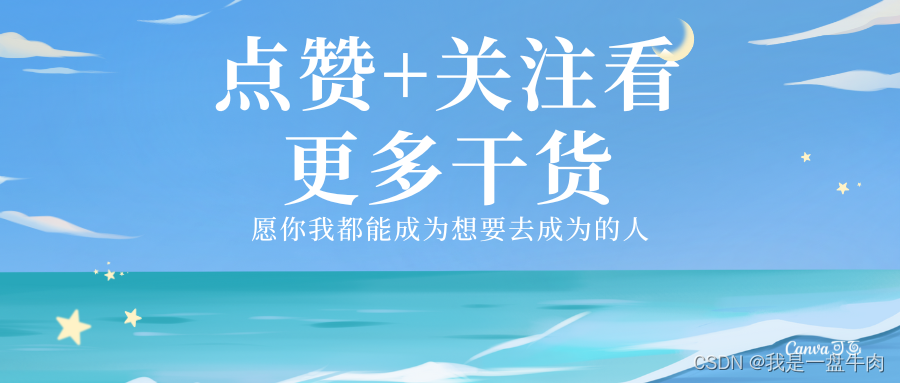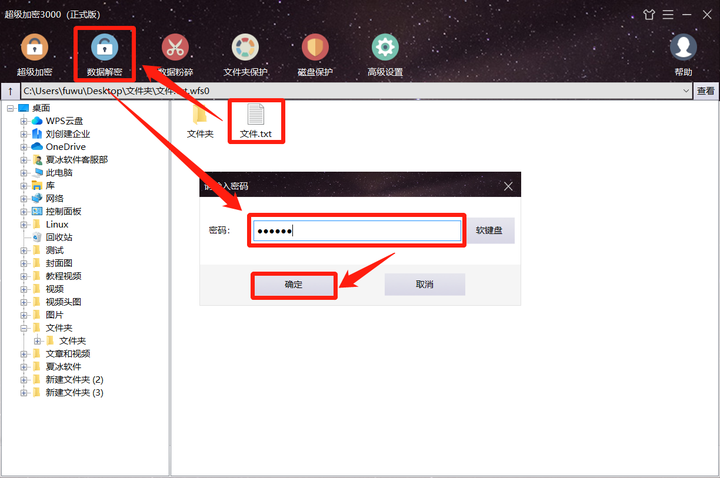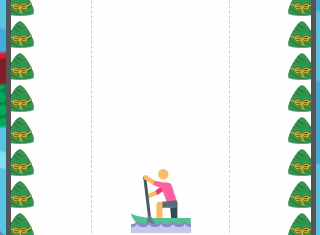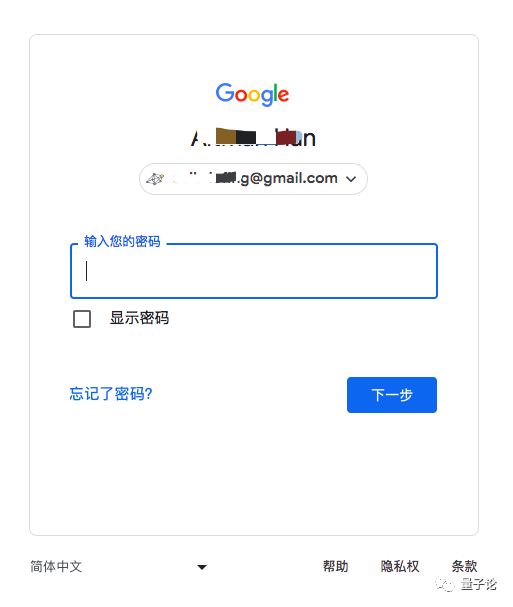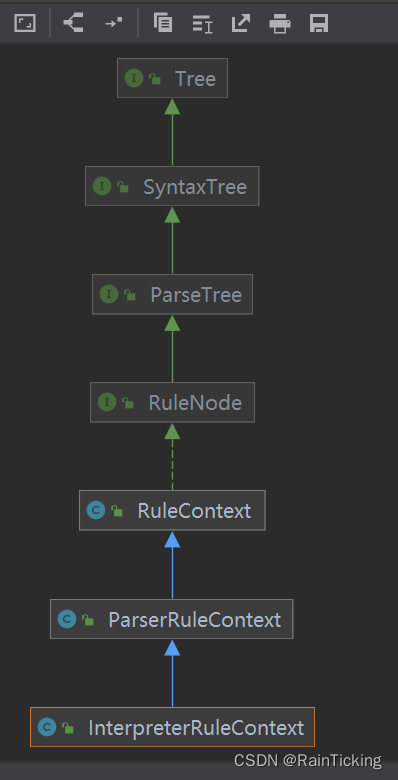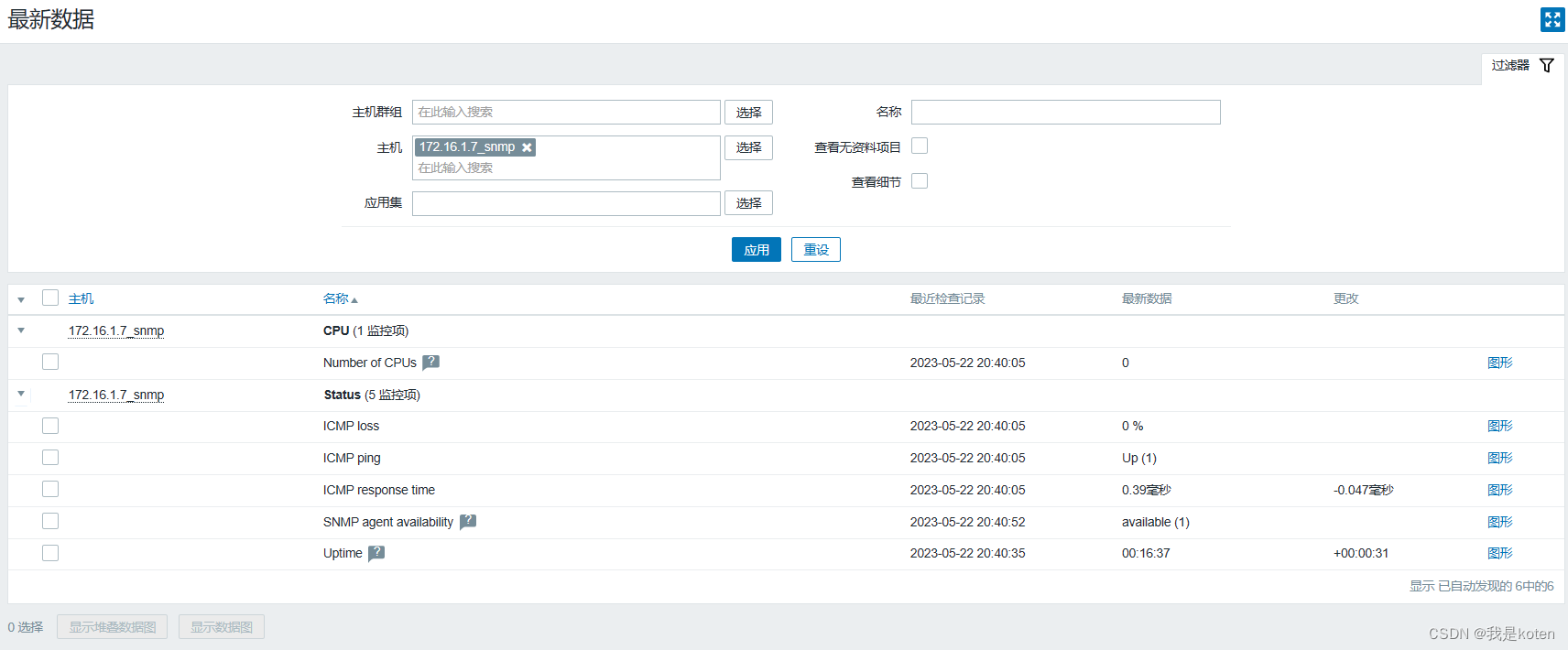前言

🏠个人主页:我是沐风晓月
🧑个人简介:大家好,我是沐风晓月,阿里云社区博客专家
😉😉 💕 座右铭: 先努力成长自己,再帮助更多的人,一起加油进步
🍺🍺🍺 💕欢迎大家:这里是CSDN,我总结知识的地方,喜欢的话请三连,有问题请私信😘
可以关注我的云原生社区:云原生社区
也可以关注我的英语社区:从零开始学英语
文章目录
- 前言
- 英语短文
- 文章翻译
- 常用表达
- 1. What's the matter, kids?
- 2. Are you all right now?
- 本节单词
- 拓展短文
- 总结
英语短文
MOTHER: What’s the matter, kids?
怎么了孩子们
GIRL: We’re tired…
BOY: …and thirsty,Mum. we are hungry
也口渴,我们饿了
MOTHER: Sit down here.
MOTHER: Are you all right now?
BOY: No, we aren’t.
MOTHER: Look!There’s an ice cream stand.
瞧,那边有个卖冰激凌的摊位
Mother: Two ice creams please.
MOTHER: Here you are, children.
CHILDREN: Thanks,Mum.
GIRL: These ice creams are nice.
MOTHER: Are you all right now?
CHILDREN: Yes, we are, thank you!
文章翻译
MOTHER: What’sthe matter, kids?
母亲:怎么啦,孩子们?
GIRL: We’re tired…
女孩:我们累了
BOY: …and thirsty, Mum. We are hungry. 我们i
男孩:…口也渴,妈妈。
MOTHER: Sit down here.
母亲:坐在这儿吧。
MOTHER: Are you all right now?
母亲:你们现在好些了吗?
BOY: No, we aren’t.
男孩:不,我们没有。
MOTHER: Look!There’s an ice cream stand.
母亲:瞧!那儿有个卖冰淇淋的。
MOTHER: Two ice creams please 母亲:请拿两份冰淇淋。
MOTHER: Here you are, children. 母亲:给你们,孩子们。
CHILDREN: Thanks, Mum.
孩子们:谢谢,妈妈。
GIRL: These ice creams are nice.
女孩:这些冰淇淋真好。
MOTHER: Are you all right now?
母亲:你们现在好了吗?
CHILDREN: Yes, we are, thank you!
孩子们:是的,我们好了,谢谢您!
常用表达
1. What’s the matter, kids?
怎么啦,孩子们?
这个句子通常用来询问发生了什么事。
matter在这里是名词,表示“问题,麻烦事”
-般看到对方身体不舒服或者有什么异常时都可以用这个表达上
问看发生了什么事情。
如果要特别提及问题的对象,可以在后面加上介词with。
比如:
What's the matter with you? 你怎么啦?
What's the matter with Jack? 杰克怎么了?
What’s wrong?
Tell me what' s wrong. 有什么问题么?
What' wrong with your dog? 你的狗狗怎么了?
What’s your problem? 你是有什么毛病吗?
2. Are you all right now?
你们现在好些了吗?
Are you…?
用于询问对方的职业身份或者状态
1)用于赞同别人意见或建议,译为“好”、“行”,“可以”等
比如,Tell us more please.
All right.
2)用于征询意见
Is it all right with you? 这样的话你行吗?
Is that all right? 可以吗?
I’m busy now. Is tomorrow all right?现在我忙,明天怎样?
That’ s all right. 可以。
3)表示形势或情况“良好” “令人满意”
Things will be all right soon. 很快会好的。
4)用于对别人的安慰,表示“没关系”、“不要紧”
All right, I guess I can make it. 没关系,我想我赶得上的。
That’ s all right. 没关系的。
本节单词
matter /ˈmætər/ - 事情;物质
children /ˈtʃɪldrən/ - 孩子们
tired /ˈtaɪərd/ - 疲劳的
boy /bɔɪ/ - 男孩
thirsty /ˈθɜːrsti/ - 口渴的
ice cream /ˈaɪs kriːm/ - 冰淇淋
拓展短文
Paragraph 1:
约翰低头看了看菜单,喃喃自语道:“我已经吃饱了,但这道菜看起来很美味。”他抬起头对服务员说:“请给我一份菜单好吗?”服务员恭敬地微笑回答:“先生,菜单就在这里。”
Translation:
John lowered his head and glanced at the menu, murmuring to himself, “I’m already full, but this dish looks delicious.” He looked up and said to the waiter, “Could I have the menu, please?” The waiter respectfully smiled and replied, “Sir, here is the menu.”
Paragraph 2:
约翰浏览了一下菜单,服务员问道:“您准备好点菜了吗?”经过片刻思考,约翰回答说:“昨晚我在一家不错的餐厅吃过饭。”服务员好奇地问:“您喜欢中国菜吗?”约翰兴奋地回答:“是的,我喜欢!中国菜非常美味。”他迫不及待地期待着尝一下这些美味的菜肴。
Translation:
John browsed through the menu, and the waiter asked, “Are you ready to order now?” After a moment of thought, John answered, “I had dinner at a nice restaurant last night.” Curiously, the waiter asked, “Do you like Chinese dishes?” John enthusiastically replied, “Yes, I do! Chinese food is very delicious.” He eagerly anticipated tasting these delicious dishes.
Paragraph 3:
不久之后,食物端了上来。约翰尝了一口,赞叹道:“这道菜真是太美味了!”然而,有一道菜让他有些失望,他皱起眉头说:“这个菜太咸了。”约翰感到口渴,对服务员说:“我口渴了,请给我一杯冷水。”
Translation:
Soon, the food arrived. After taking a bite, John exclaimed, “This dish is really delicious!” However, there was one dish that disappointed him, and he furrowed his brow saying, “This dish is too salty.” Feeling thirsty, John said to the waiter, “I’m thirsty, please give me a glass of cold water.”
Paragraph 4:
约翰享用着晚餐,他注意到他们桌上还有一份冰淇淋和新鲜水果,他决定品尝一些。吃完后,他满意地说:“这是一顿十分愉快的晚餐。”最后,他向服务员要了一杯咖啡,作为餐后的享受。
Translation:
John enjoyed his dinner and noticed that there was a serving of ice cream and fresh fruit on their table. He decided to have a taste. After finishing it, he said with satisfaction, “It was a very enjoyable dinner.” Finally, he asked the waiter for a cup of coffee as a post-meal treat.
总结
以上就是本节课的主要内容,你学会了吗
期待与你一起进步!





